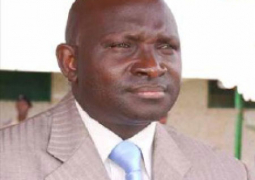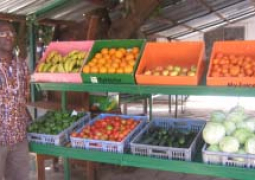“While President Obama has unveiled specific initiatives to strengthen U.S. development work on the continent and connect it to core national security objectives, he has not done the same for human rights and the rule of law,” Sarah Margon, Washington director of Human Rights Watch, said in the group’s 2014 Human Rights in Africa report.
Although the policy agenda for this week’s summit has received praise for its proactive stance on energy, security and economic development, human rights advocates from both Africa and the U.S. are specifically condemning the agenda’s lack of concern over the issue freedom of expression, among others, according to a report by IPS.
According to the report, terrorism laws, access to funding, and discrimination against independent media as some of Africa’s main obstacles to free expression, and that this was highlighted by speakers at a recent Washington panel, who spoke first and foremost about the need for press freedom to be recognised as not only a human right, but also as a key factor in development.
“This is a right that leads to other rights,” Frank La Rue, the UN Special Rapporteur on the Promotion and Protection of the Right to Freedom of Opinion and Expression, said Wednesday.
Within his plea for governments to take a more active stance on freedom of expression and provide for more internet access, La Rue stated that 90 percent of young men in rural Africa already know how to use the internet, while 90 percent of rural women, who tend to be forbidden from the cyber cafes where such knowledge circulates, do not.
“If not everyone is convinced that freedom of expression and access to technologies are important development goals, then we cannot talk about things like education and access to health, especially women’s health…we need to first allow access to information,” he said.
In addition to urging that such freedoms be integrated into the next set of Sustainable Development Goals, La Rue has requested that the U.N. hire more legal and communications personnel to defend freedom of expression, adding that the understaffed office receives up to 25 cases per day.
Guest opinion piece by IPS
“If we don’t believe in freedom of expression for people we despise, we don’t believe in it at all”.
Noam Chomsky



